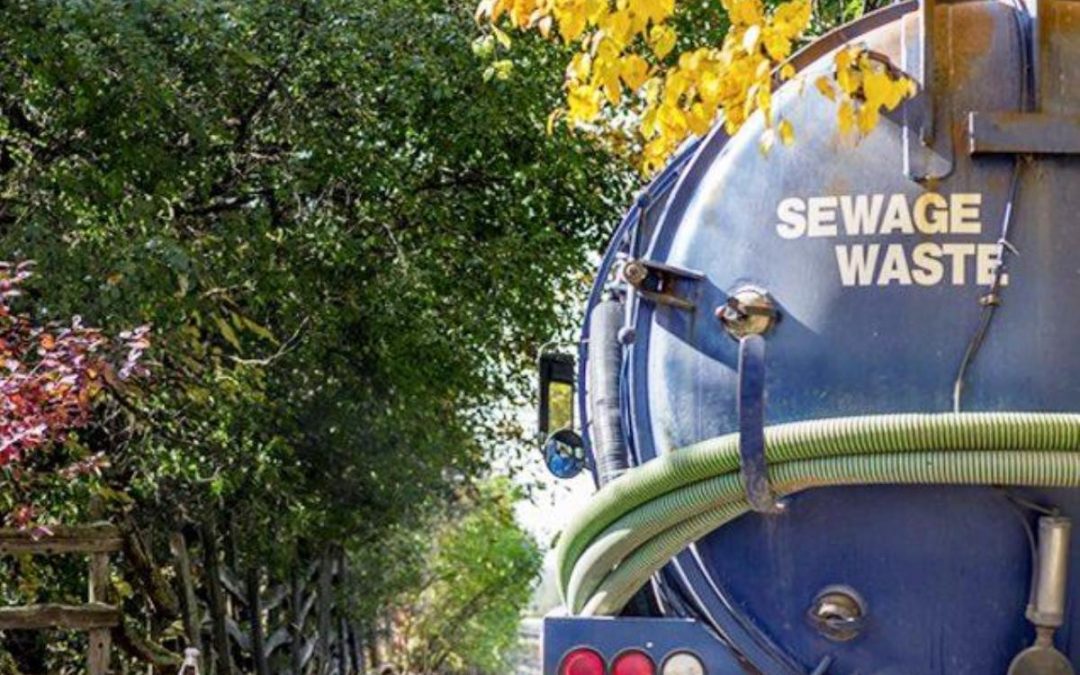What Does Reclaim Waste Mean?
Table of Contents7 Easy Facts About Reclaim Waste ShownReclaim Waste Fundamentals ExplainedThe 15-Second Trick For Reclaim WasteExcitement About Reclaim WasteThe 2-Minute Rule for Reclaim Waste
Residential sewer waste refers to the waste and products from a household septic storage tank. The proper monitoring and disposal of domestic sewer waste need fluid waste to be moved to a sewer treatment plant where the appropriate techniques and devices are applied to cleanse and dispose of waste.
Business waste usually includes prospective threats, such as combustible products or a blend of liquid and solid waste products, and requires a much more sophisticated and detailed disposal process. The disposal of commercial waste typically includes the filtration of waste before transportation to ensure risk-free and appropriate disposal. Industrial waste is created from results and overflow of commercial procedures and manufacturing.
This sort of waste can not make use of the exact same sewer monitoring transport or processes as septic or commercial liquids. The hazardous waste administration process requires the evaluation and screening of fluid waste before it undergoes the disposal procedure (liquid waste removal). Drainage waste is the liquid waste that comes from overflow and excess stormwater in highly populated areas or cities
Drainage waste can cause contamination and flooding otherwise taken care of correctly. Find out more about drain cleansing and waste monitoring. Ensuring proper waste monitoring can protect against catastrophes and lower ecological harm. Both people in domestic setups and specialists in business or manufacturing markets can take advantage of recognizing the procedures and regulations of liquid waste management.
What Does Reclaim Waste Do?
Contact PROS Services today to discover about our waste management and disposal services and the appropriate ways to take care of the liquid waste you create.
(https://reclaimwaste1.carrd.co/)Do you understand what takes place to your water when you disengage, purge the commode or drain the cleaning device? No? Well, it deserves understanding. This so-called 'wastewater' is not just a vital source but, after therapy, will certainly be released to our land, rivers or the sea. Made use of water from toilets, showers, bathrooms, kitchen sinks, laundries and commercial processes is referred to as wastewater.

water made use of to cool machinery or clean plant and tools). Stormwater, a form of wastewater, is runoff that moves from agricultural and urban locations such as roofing systems, parks, gardens, roadways, paths i thought about this and seamless gutters into stormwater drains pipes, after rainfall. Stormwater streams unattended straight to neighborhood creeks or rivers, ultimately getting to the ocean.
See This Report about Reclaim Waste
In Queensland, a lot of wastewater is dealt with at sewer treatment plants. Wastewater is transferred from residential or industrial sites with a system of drains and pump stations, called sewage reticulation, to a sewage therapy plant. City governments construct, maintain and operate most sewage treatment plants. Operators are licensed under the Environmental Defense Act 1994 to release cured wastewater at an acceptable ecological requirement into rivers.
The Department of Natural Resources advises local governments concerning managing, operating and maintaining sewage systems and treatment plants. In unsewered locations, regional governments may need householders to set up private or house sewage treatment systems to deal with domestic wastewater from bathrooms, cooking areas, bathrooms and laundries. The Department of Natural Resources authorises the usage of family systems when they are confirmed to be effective.
Many stormwater obtains no therapy. In some brand-new neighborhoods, therapy of some stormwater to get rid of litter, sand and gravel has started using gross toxin catches. Wastewater therapy takes place in four phases: Eliminates strong matter. Larger solids, such as plastics and various other items incorrectly released to drains, are removed when wastewater is travelled through screens.
Makes use of small living microorganisms knows as micro-organisms to break down and remove remaining dissolved wastes and great particles. Micro-organisms and wastes are included in the sludge.
Facts About Reclaim Waste Uncovered
Nutrient removal is not readily available at all sewage treatment plants due to the fact that it needs expensive specialised devices. Clear liquid effluent created after therapy may still have disease-causing micro-organisms - liquid waste removal melbourne.

This usually indicates wastewater has actually to be dealt with or pollutants gotten rid of prior to it can be released to waterways. Most wastewater streams into the sewage system. Under the Act, city governments administer approvals and permits for eco appropriate activities (Periods) involving wastewater releases that may have a regional impact. The division provides authorizations and licences to ERAs including wastewater launches that might have a local or statewide impact.
The Reclaim Waste Ideas
Or else, examples are considered laboratory evaluation. Commonly lots of examinations are required to establish the levels of each of the various toxins such as oils, hefty steels and chemicals in water. Tracking provides accurate info about water quality and can verify that licence problems are being fulfilled. The details obtained with surveillance provides the basis for making water quality choices.